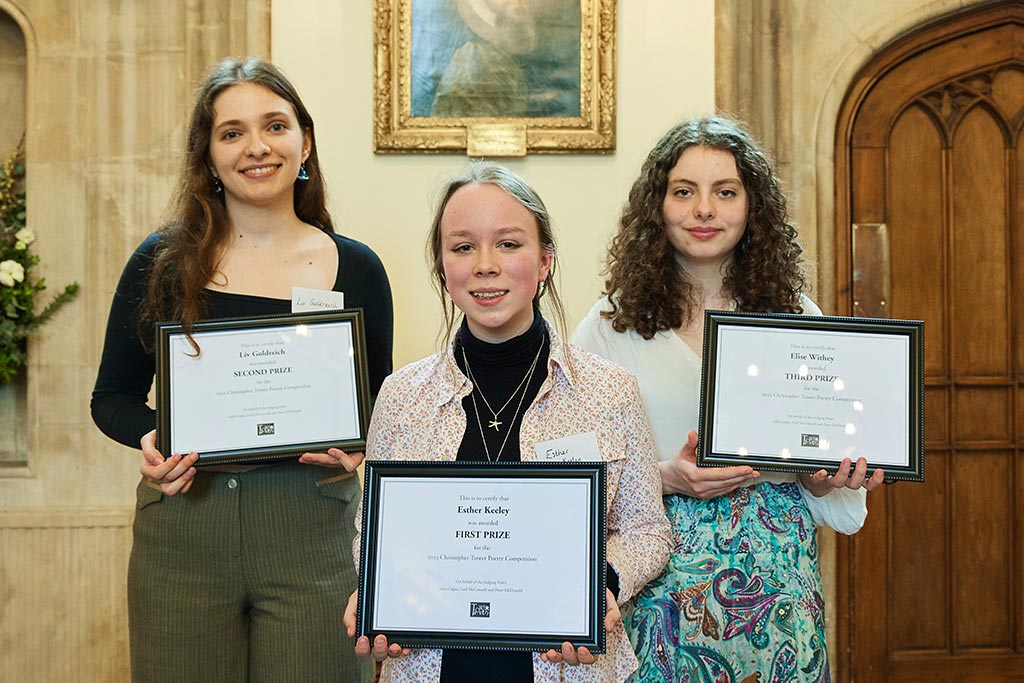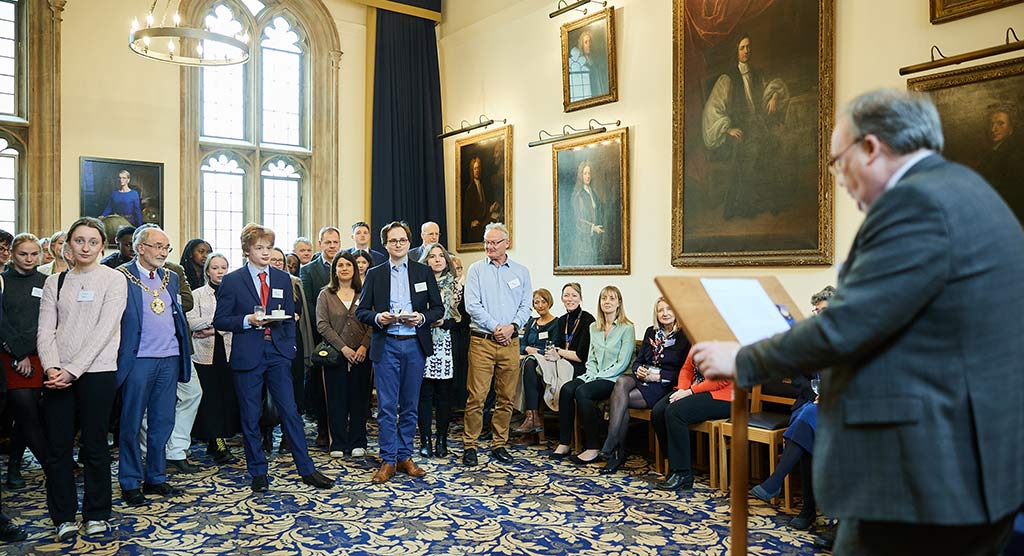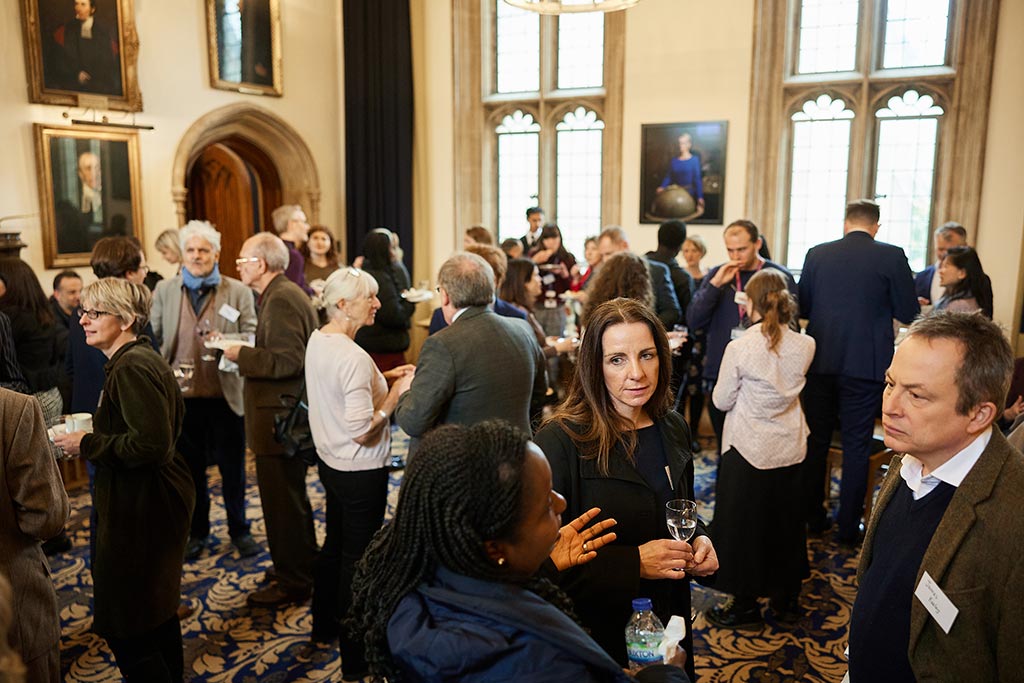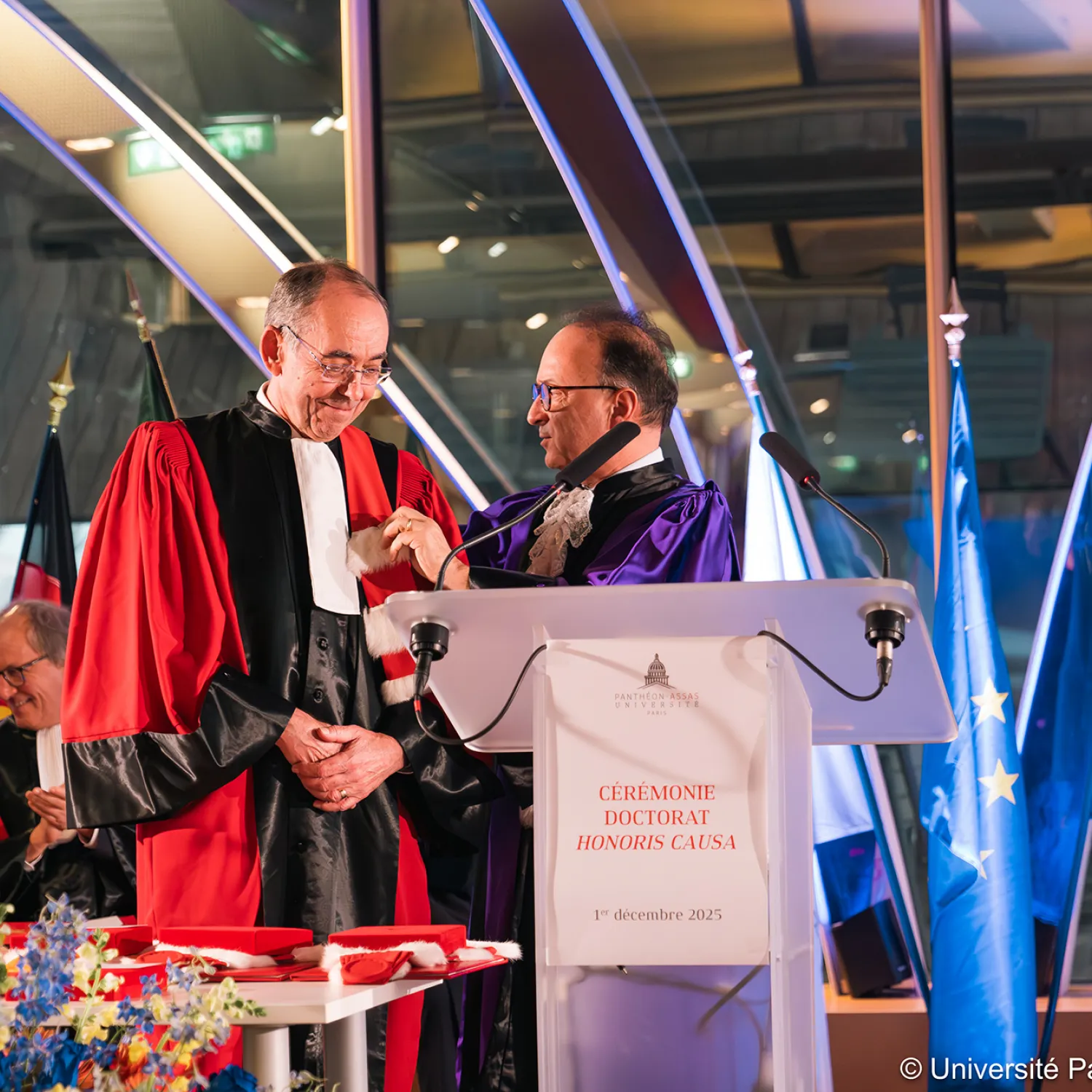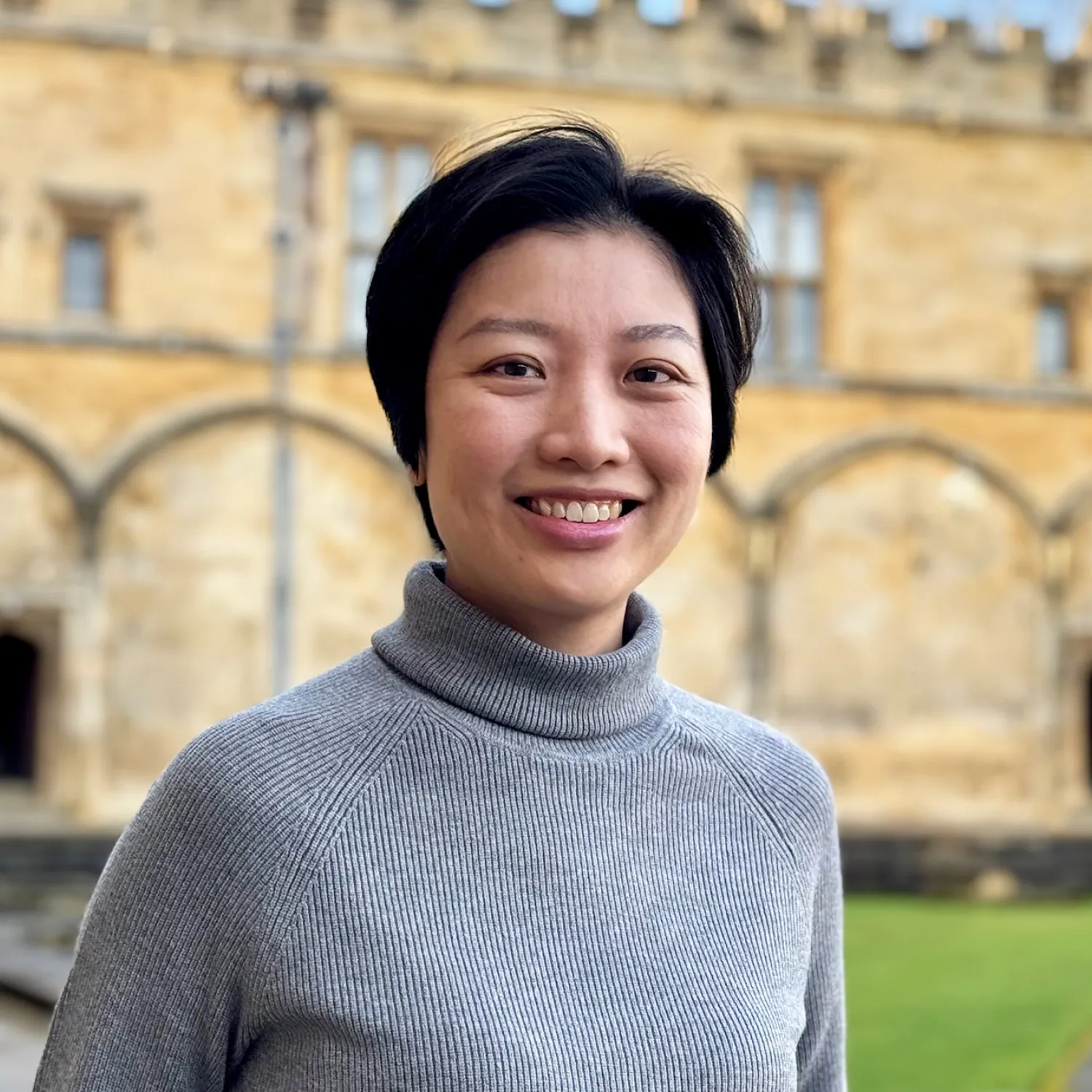Breadcrumb
Winners of the 2023 Christopher Tower Poetry Competition announced
Christ Church, University of Oxford is delighted to announce the winners of the 2023 Christopher Tower Poetry Competition, the most lucrative prize for young British poets.
This year’s theme, ‘The Planets’, sparked the imaginations of teenagers across the UK.
The number of entries rocketed as the judges received more than 1700 poems. This was a Tower Poetry record and more than twice last year’s number.
The judges, Julia Copus, Gail McConnell and Peter McDonald, were faced with the difficult task of choosing just thirteen poems, the writers of which would win newly increased prizes: a first prize of £5000, a second prize of £3000, a third prize of £1500, and ten ‘Commended’ awards of £500 each. The total prize money amounted to more than £14,000.
Judging was conducted anonymously and now the wait is over… the results have landed.
Congratulations go to:
First Prize – Esther Keeley, The Flâneur
Second Prize – Liv Goldreich, Orbit
Third Prize – Elise Withey, Future of Space Travel c.1783
Commended – Erin Bishop, Eulogies To Things That Have Not Yet Died
Commended – Ellen Bray Koss, falling in love with pluto again in the alleyway behind my house
Commended – Eloise Davis, Mars
Commended – Louise Guy, Voyager
Commended – Grace Lea, Three Children
Commended – Lauren Lisk, A Black Girl Fears The Sun
Commended – Iona Mandal, Planetary Periods of a Human Life (Inspired by The Planets - Gustav Holst)
Commended – Malak O’Neill, Sonnets On A Night With Aliocha
Commended – Phoebe Palmer, Staring into Space
Commended – Elizabeth Grace Strassheim, Waning
Winners and their guests were invited to Christ Church for the prizegiving ceremony on 19 April, joined by the Lord Mayor of Oxford and members of the Tower Family.
This event marked Professor Peter McDonald’s final prizegiving. Having held the role of Tower Student for twenty-four years, Peter reflected back to when the Tower Poetry Competition first launched in 1999.
From humble beginnings, the competition has developed and over the years thousands upon thousands of teenagers have entered their poems.
Professor McDonald said: 'Poetry isn’t for everybody, true. And appreciating poetry, or being able to write it for that matter, doesn’t make anyone a better person: it never has done. Yet excellence always matters – excellence that exists quite apart from our demands upon it, or our preconceptions about what it must look like.'
He added: 'Will the poem that stands alone, learning from tradition whilst contributing to that very tradition, effecting original transformations of what has been loved and understood in poetry of the past, survive as a mode where young people discover the power of language and the strength of thought? I think it will.'
Follow Tower Poetry on social media for updates about our competitions and summer schools. Next year’s competition will launch in the autumn.
Other Christ Church news
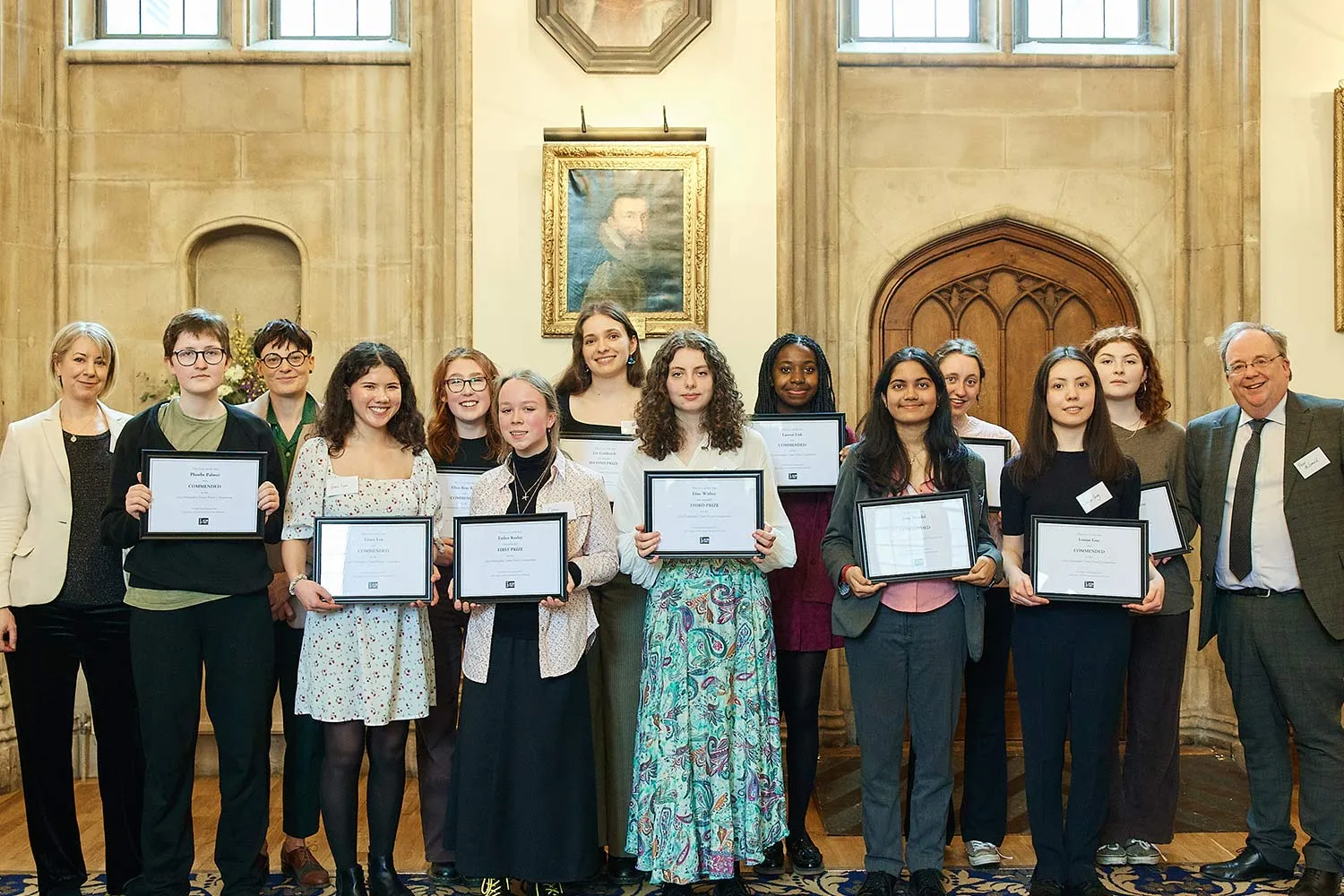
Winners and Judges of the 2023 Tower Poetry Competition

